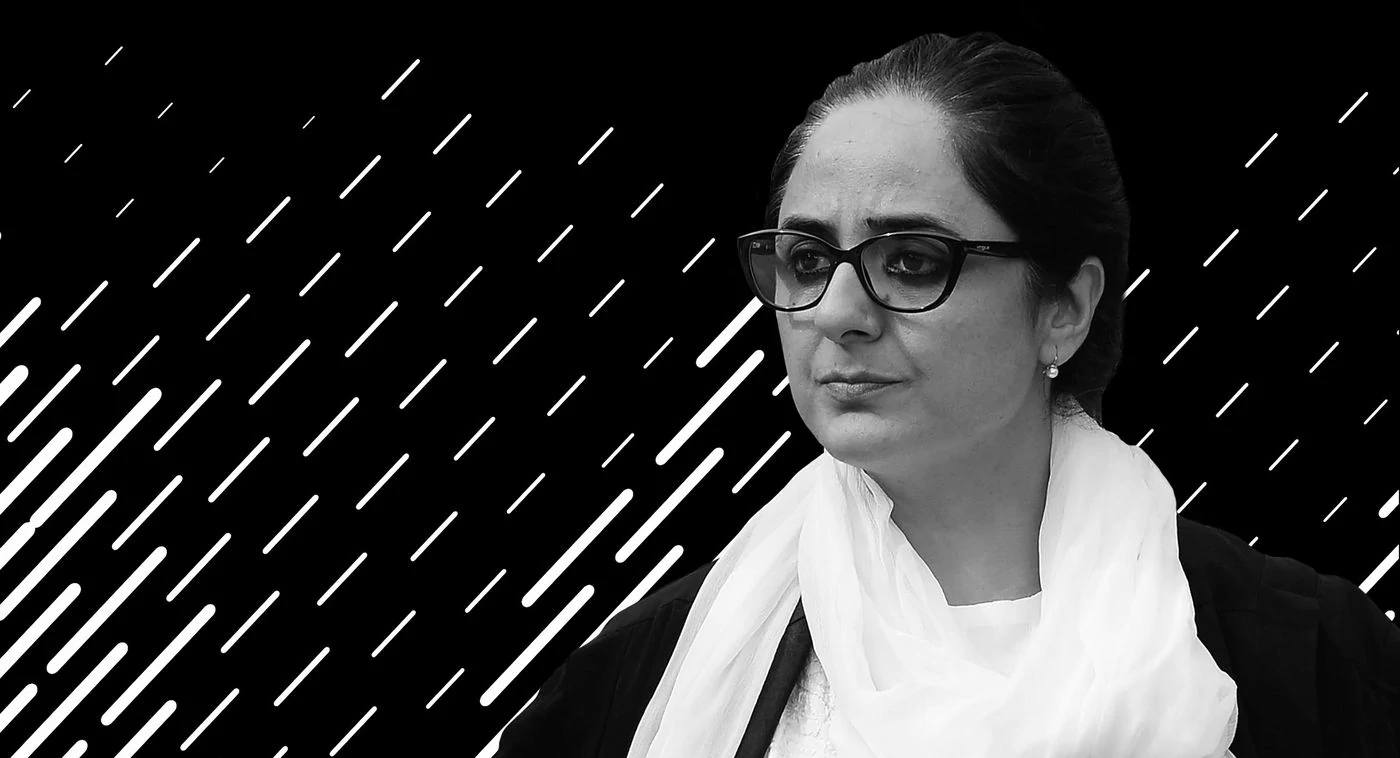It was a cold winter day in mid-January in the northern Indian state of Jammu and Kashmir when a disturbing news report about the rape of a young girl in the Kathua district of the state caught the attention of Deepika Singh Rajawat.
The story would change her life.
Rajawat, a lawyer and mother to a 5-year-old girl, was horrified as she read through the details of the case.
“I could feel the pain,” she says.
The 8-year-old victim, from the Bakerwal tribe, a Muslim nomadic community in the region, was kidnapped, and raped in a Hindu temple by a group of local men, sparking communal tension between locals. Her mutilated body was found a week after she went missing.
The eventual arrest of eight accused, many of them police officials, provoked a strong reaction of the Hindu community, and several political leaders affiliated to the Indian ruling party of Bhartiya Janta Party (BJP).
As right-wing groups began mounting pressure on local police to release the accused men, Rajawat, 38, decided to approach the family to see how she could help.
Rajwat has spent her career in pursuit of cases that result in tangible social justice, but taking on the case of the Kathua rape victim propelled her into the national spotlight.
Today, she carries her 5-year-old daughter in one arm, even as she pours over the case files and documents, making notes and taking calls, mostly from Indian press who have developed a keen interest in Rajawat’s work and life.
Visible on her hand while she works is her rallying cry, tattooed onto the side of left palm: “Only the weak can be cruel,” it reads.
Read full story on The Lily
